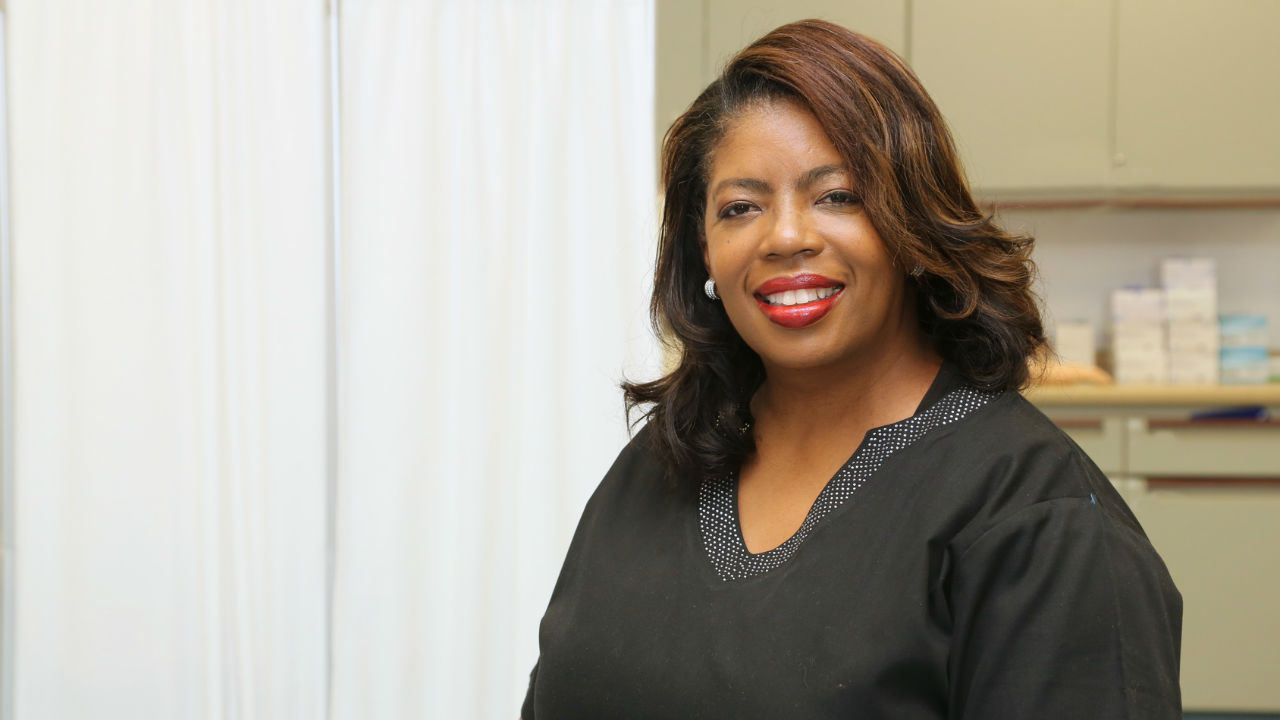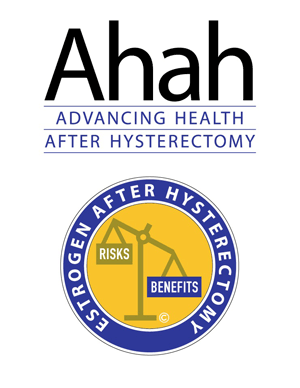Millions of women experience disturbed sleep at the time of menopause. For most, this is a change while for others, who have had one problem or another with sleep during their lives, sleep disturbance becomes even worse.
Not getting a good night's sleep affects between 30% and 40% of menopausal women.
Understanding the cause of menopausal sleep disturbance has been the subject of many scientific studies. Although findings differ and are sometimes contradictory, estrogen deficiency due to menopause is the most likely root cause.
Women experiencing sleep disturbance, sometimes referred to as "sleep misery," consider it the most bothersome of all the menopausal symptoms.
There are different kinds of sleep disturbance. Symptomatic women studied at Yale typically described the following: " I have no trouble falling asleep. About one and a half to two hours later I wake up feeling wide-awake. Sometimes I feel hot. Sometimes I feel cold. Sometimes I'm sweating. Often, I feel anxious and my heart may be pounding. In just a few minutes I fall back to sleep but go through the same thing about two hours later. It can happen three times in one night." The Yale study found that sleep disturbance was the most common menopausal symptom and the one which the women said most affected their ability to function at home or in the workplace.
Studies of whether or not a hot flash is what wakens a woman have mixed findings. In some women the two symptoms appear connected while in others they do not.
Hot flashes involve skin blood flow and brain reactivity. During hot flashes blood vessels in the skin dilate and the skin temperature goes up. The increase in skin temperature stimulates the part of the brain that controls body temperature. Estrogen deficiency affects both the part of the brain involved in temperature control and reactivity of arteries in the skin. In our studies, an increase in skin blood flow and a rise in skin temperature, were recorded about 18 to 20 seconds before the woman herself stated she felt she was having a hot flush. In other words, the brain is reacting to a heat stimulus and awakening seems to be part of that brain reactivity - in some women.
Aging does not appear to be a factor as the same pattern of sleep disturbance and hot flashes is seen in young women after surgical menopause (ovaries removed) without hormone replacement. In fact, the women with the most severe hot flashes and sleep disturbance are women who have had a hysterectomy with removal of their ovaries especially if they are also women who smoke cigarettes.
What can be done about this kind of sleep disturbance ? First, of course is to determine if the woman herself is bothered by it and if it is having effects on her everyday functioning. In the Yale study, that was true for 88% of the women. Bear in mind, the women studied were included because they were having one or more menopausal symptoms. They were treated with estrogen tablets or skin patches or placebo. At the end of the 6 month treatment, the problem was reduced by 96% among the women receiving estrogen via a skin patch. Among the women taking oral estrogen, the sleep complaint persisted when the estrogen was taken once a day in the morning (it had worn off by the middle of the night following). Sleep was restored when the dose was divided and taken half in the morning and half at bed-time. 40% of the women receiving placebo patches reported sleep improvement.
Some non-hormonal interventions have been shown to be helpful. For example, one study showed that lowering room temperature by 4 degrees at night reduced hot flashes and improved sleep. For women who smoke, not smoking a last cigarette before going to sleep reduced awakening and nighttime hot flashes.
Other approaches to helping women with menopausal sleep disturbance include psychotherapy (individual or group) and exercise. Sleep medications can be very helpful. Estrogen is the only FDA-approved treatment for menopausal hot flashes although there are a variety of alternate treatments. These include bio-identical formulations, soy and herbal preparations, neurontin (gabapentin), clonidine, and antidepressant medications.
For women whose sleep disturbance is related to hot flashes these treatments may be worth trying. The Food and Drug Administration, however, has not seen sufficient evidence to approve any hot flash treatments, including estrogen, for treatment of menopausal sleep disturbance.
In the Yale study we found that sleep disturbance in her partner (male or female) was a factor in awakening. After the age of 60, about one-third of men have hot flashes and increasing sleep disturbance and a woman partner can have her own issues affecting her sleep. Sleeping in separate beds is one possible solution to this problem.
You are not alone if you are a menopausal woman who can't get a good night's sleep. It's a problem that affects quality of life and productivity. If it bothers you, you have lots of options to consider.
The EmpowHER website is a source of much more information about menopause and its symptoms. Here, you can access other information I have prepared:
https://www.empowher.com/users/dr-philip-m-sarrel






Add a Comment1 Comments
When you're younger you can sleep well on gravel. But as you age, the bed you sleep on gains in importance. More important than than any other element involving sleep.
April 28, 2013 - 11:24pmThis Comment